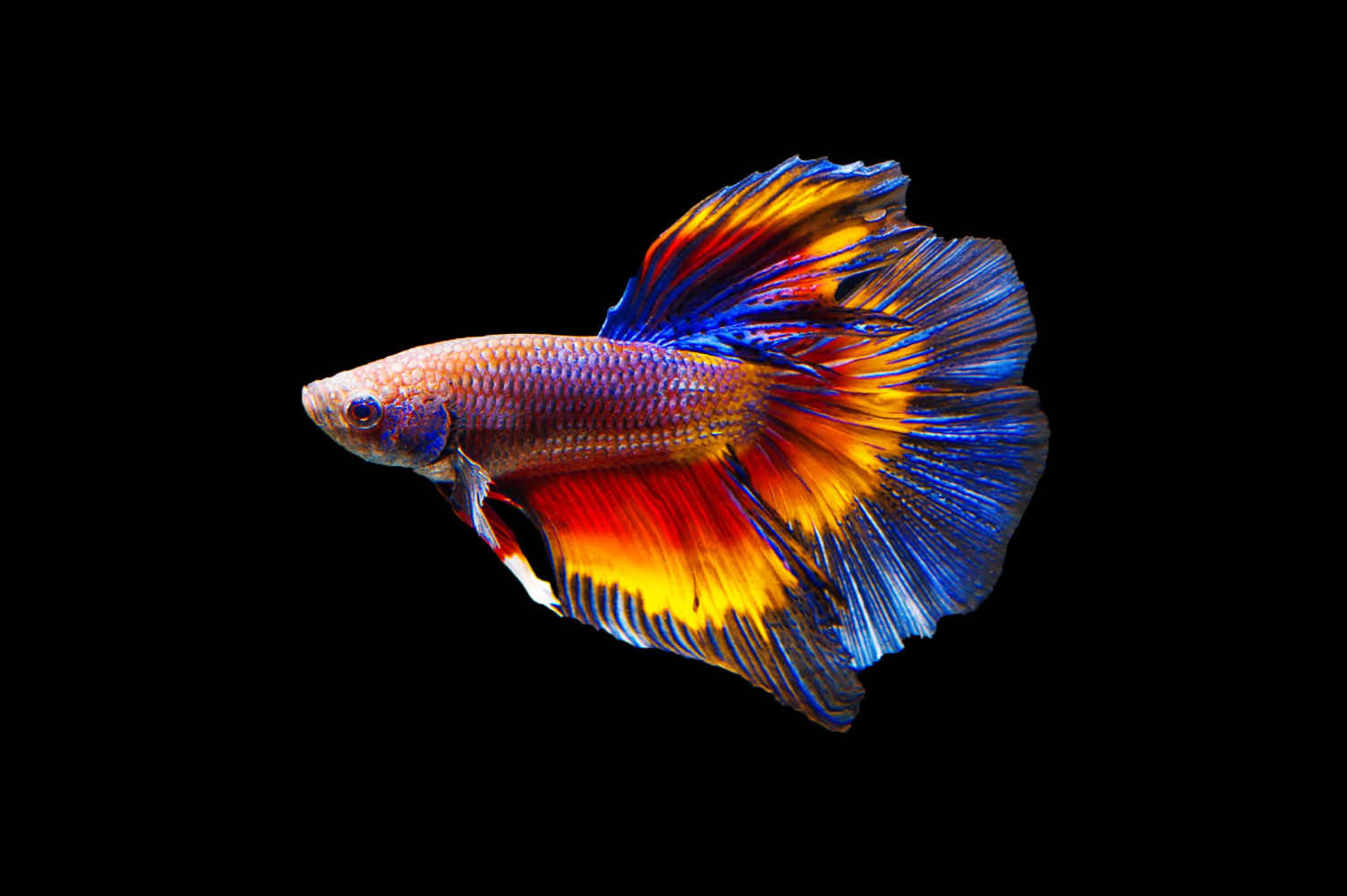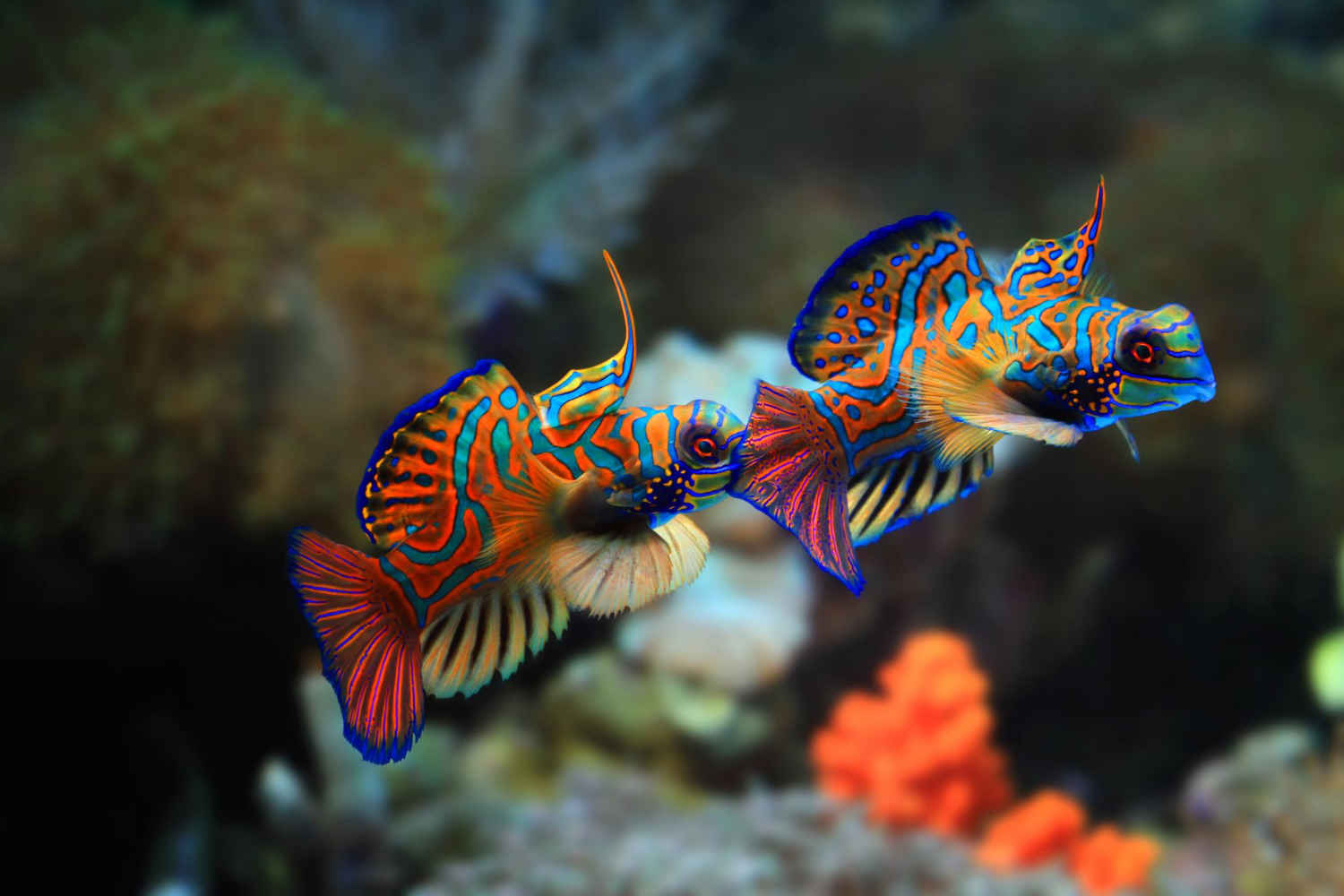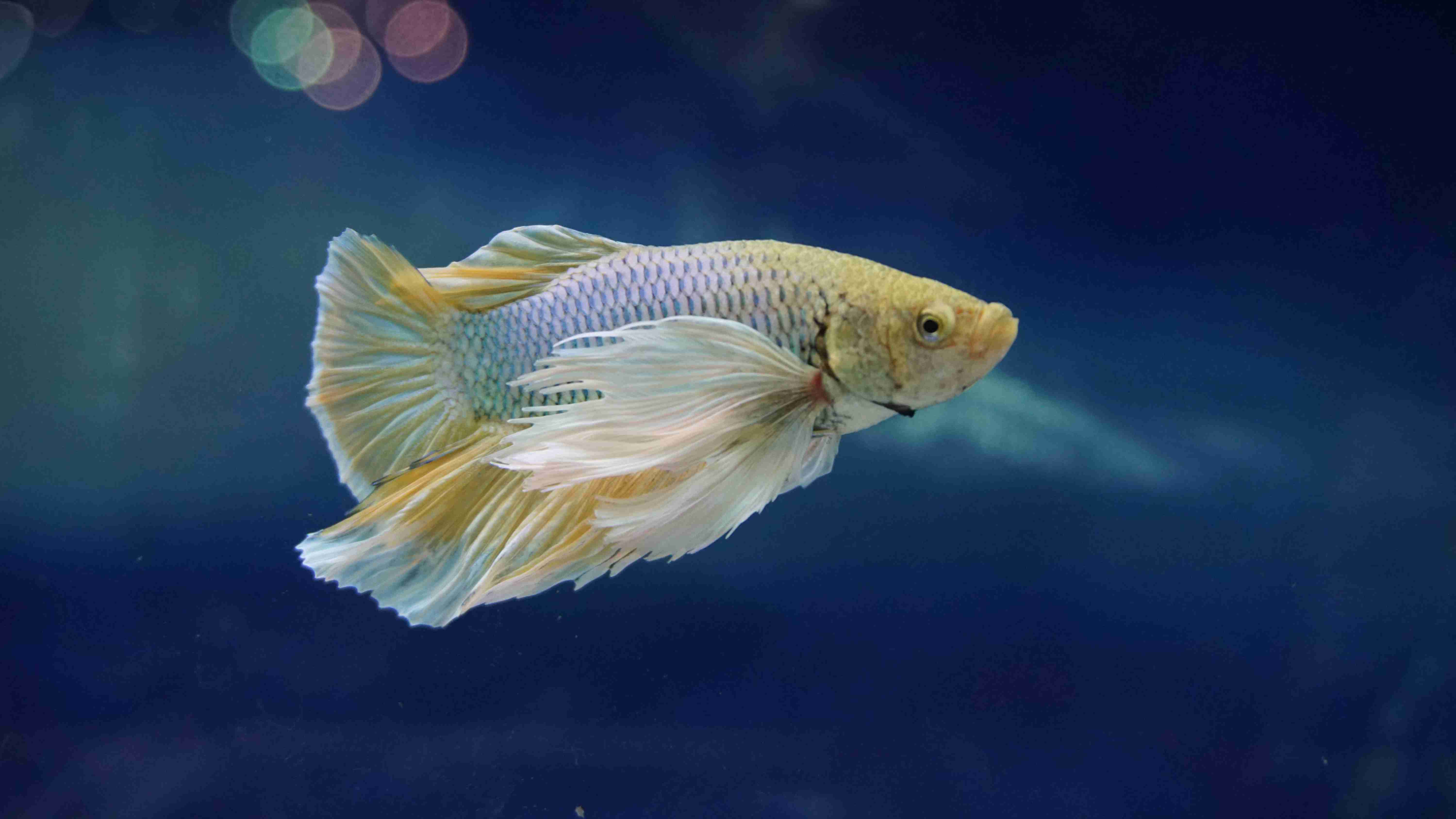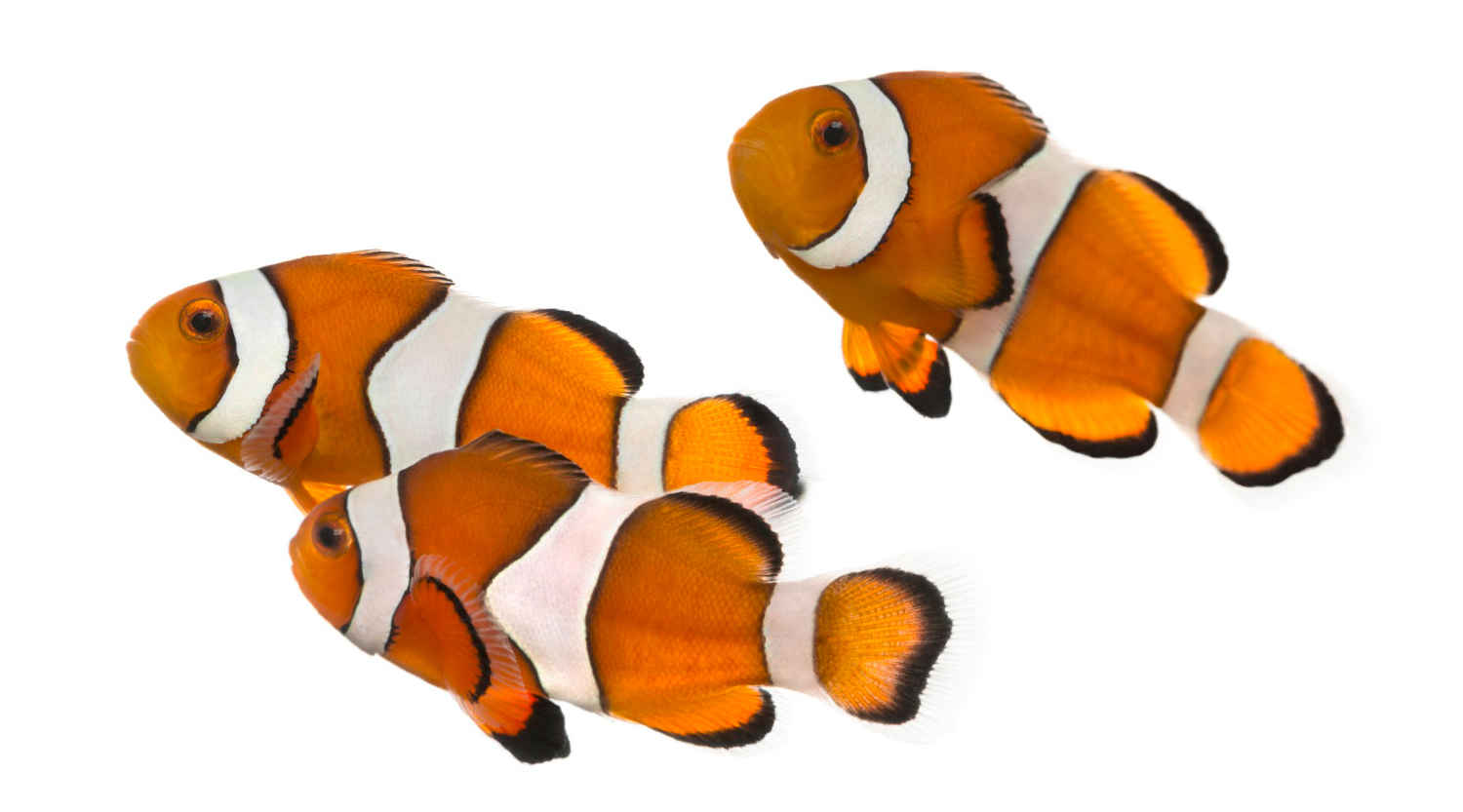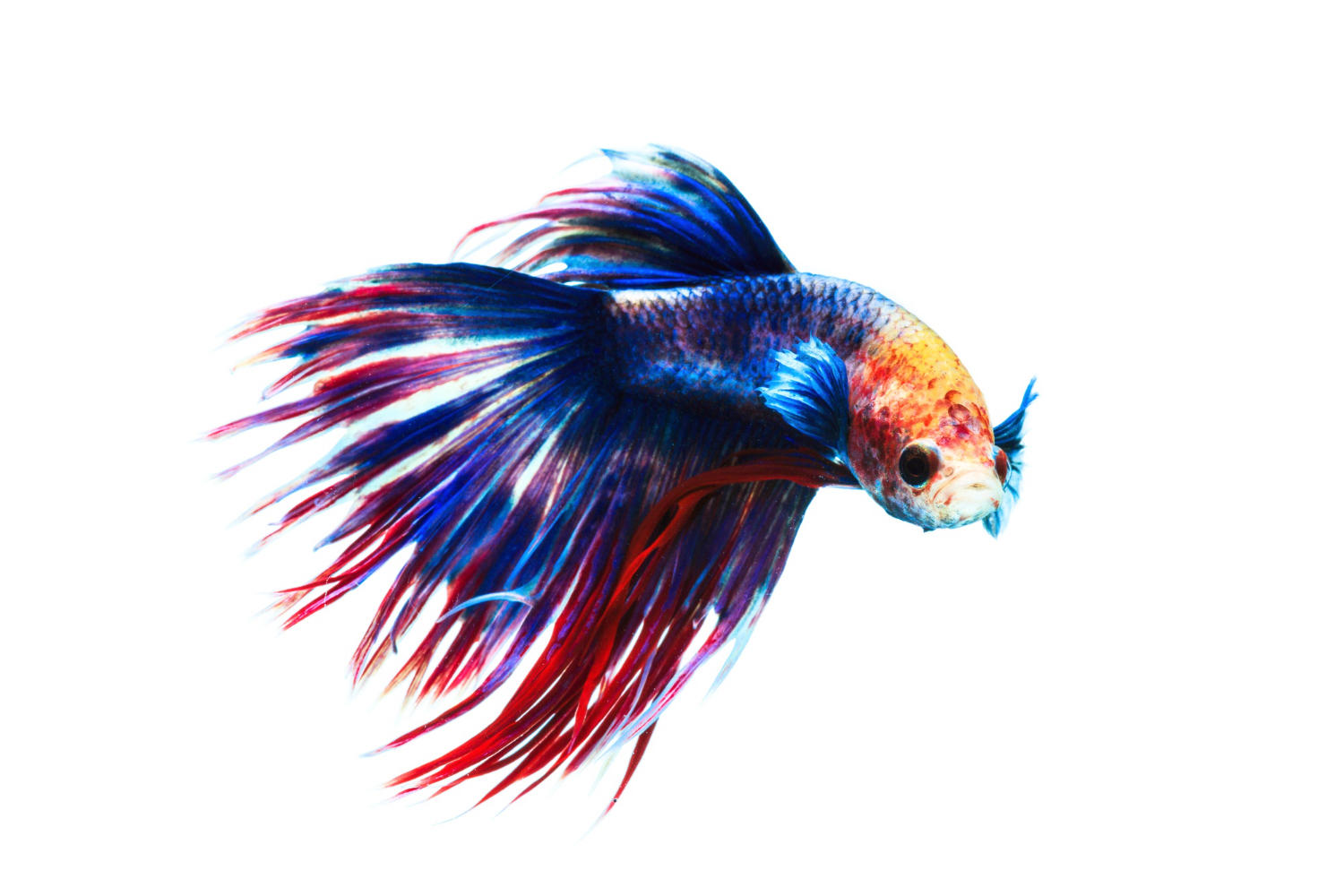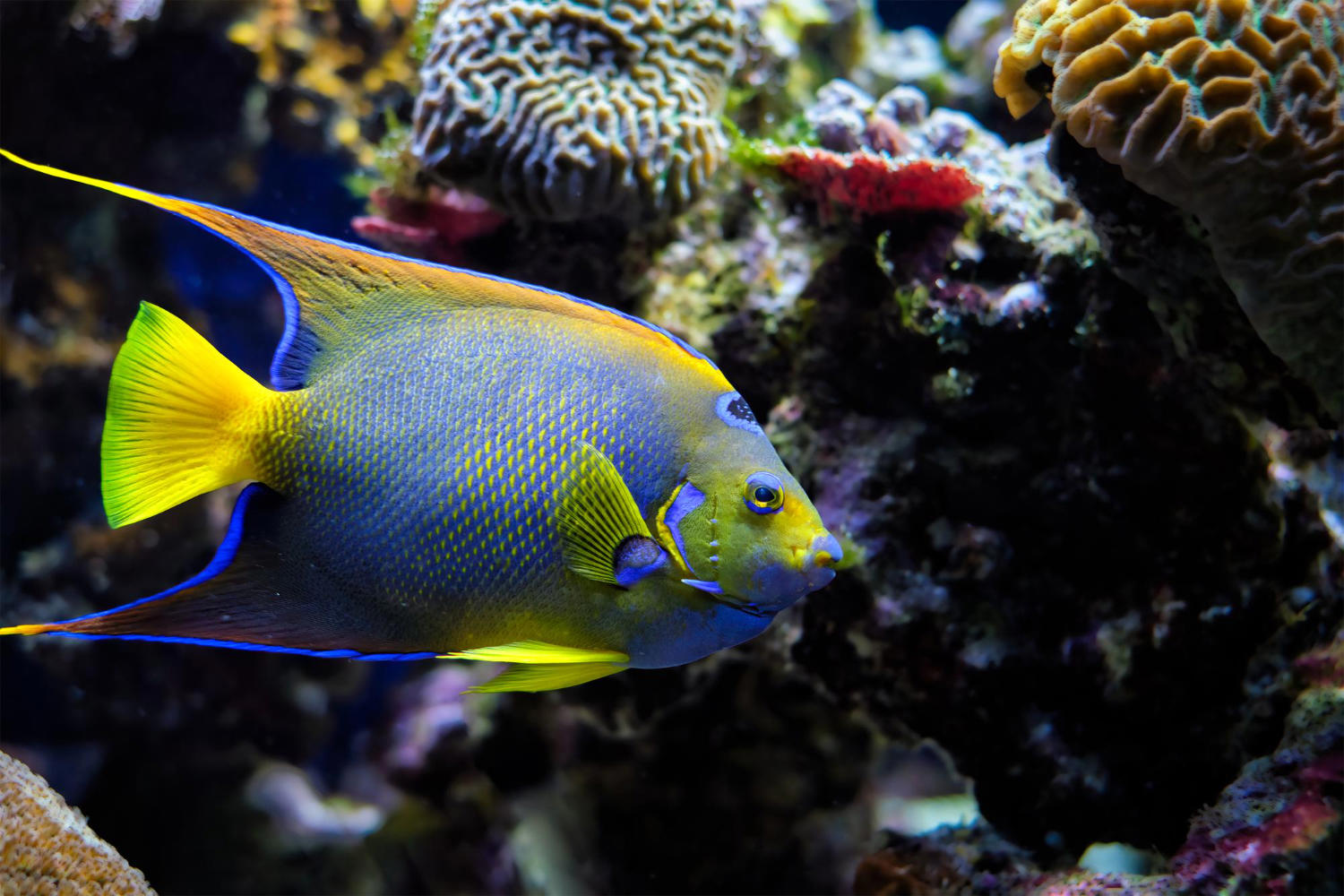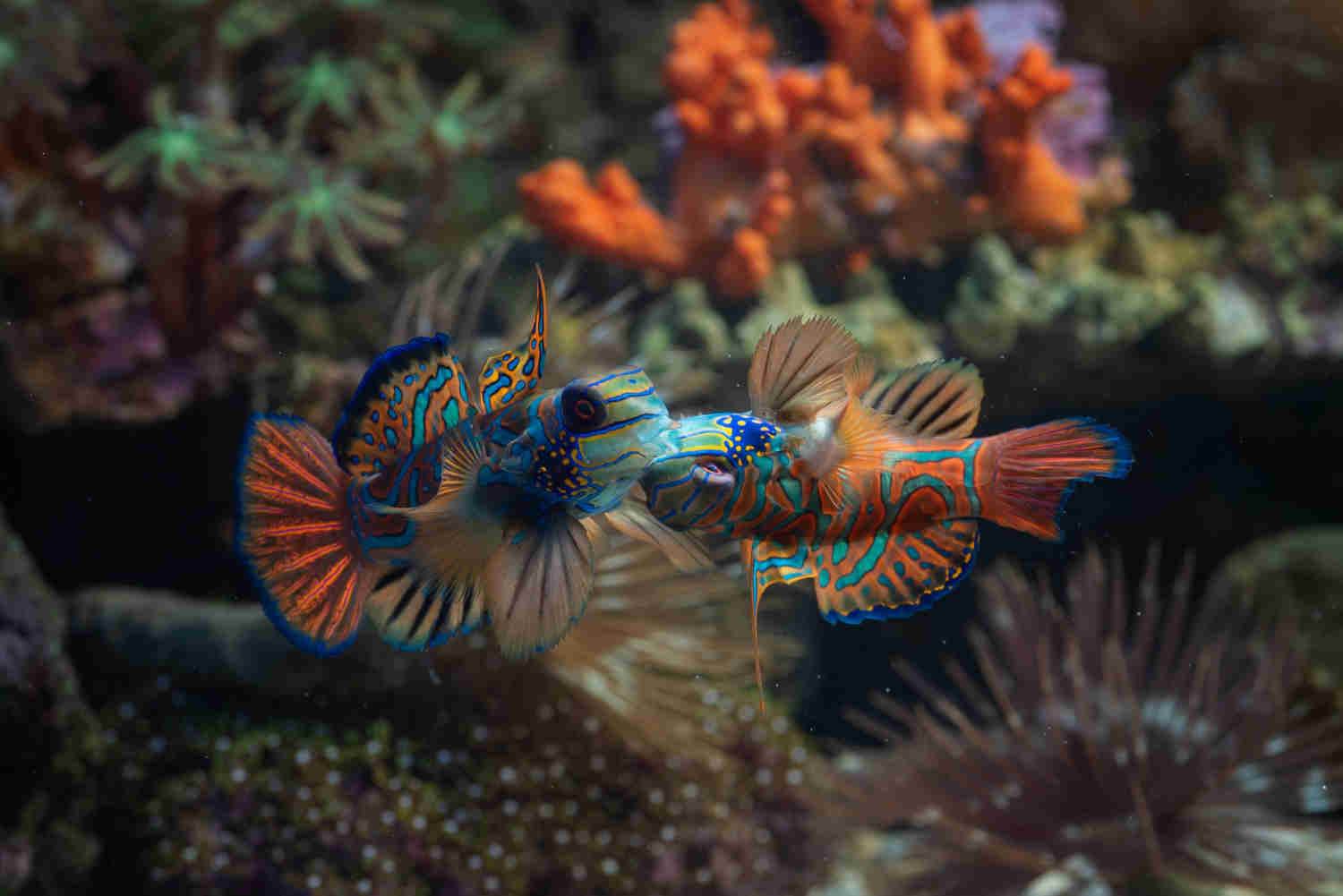Have you ever wondered if fish can get sunburned? It’s a common question that many people have asked, and the answer might surprise you. As it turns out, fish are susceptible to the damaging effects of UV radiation, just like humans. Although they have evolved to live in water, they still need to protect themselves from harmful UV rays. In this blog post, we will explore the possibility of fish getting sunburned and the potential for UV damage in aquatic life. Let’s dive in and learn more about this fascinating topic.
Are Fish Prone to Sunburns? Exploring the Possibility of UV Damage in Aquatic Life
Have you ever wondered if fish can get sunburned? Most people assume that since fish live in water, they are protected from the sun’s harmful UV rays. However, recent studies have shown that fish may be more susceptible to sun damage than previously thought.
The Importance of UV Protection in Fish
UV radiation is a form of energy that is emitted by the sun and can cause damage to living organisms. In humans, prolonged exposure to UV radiation can cause sunburns, skin cancer, and premature aging. Similarly, UV radiation can also cause damage to the DNA of fish, which can lead to growth abnormalities, reduced reproductive success, and decreased survival rates.
Fish rely on their skin as a primary protective barrier against the environment. In addition to providing physical protection, the skin also serves as a site for gas exchange, waste elimination, and sensory reception. Therefore, damage to the skin caused by UV rays can have significant consequences for the health and survival of fish.
Can Fish Get Sunburned?
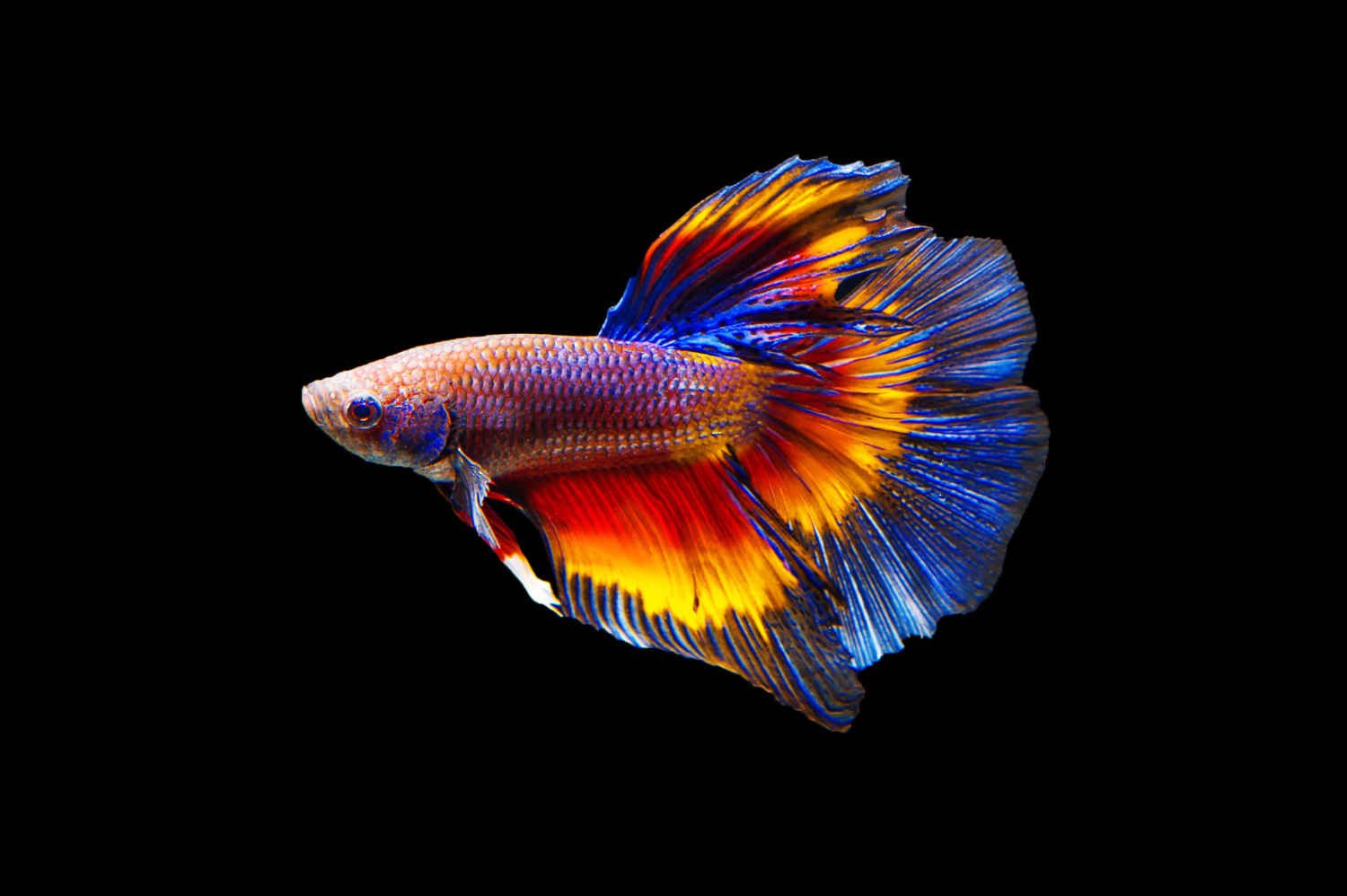
While fish do not have skin that is similar to that of humans, they do have a layer of mucus that covers their skin. This mucus layer is similar in composition to human skin and can provide some protection against UV radiation. However, the thickness and composition of the mucus layer can vary depending on the species of fish, their age, and their environment.
Recent studies have shown that some species of fish can experience damage to their skin and eyes from exposure to UV radiation. For example, researchers have observed that rainbow trout exposed to UV radiation have decreased growth rates, reduced survival rates, and increased rates of skin cancer.
In addition, UV radiation can also affect the behavior of fish. For example, some studies have suggested that UV radiation can alter the visual perception of fish, making it more difficult for them to find food or avoid predators.
How Can Fish Protect Themselves from UV Radiation?
Fish have developed several mechanisms to protect themselves from UV radiation. One of the most important mechanisms is the production of melanin, a pigment that can absorb UV radiation. Fish can produce melanin in response to UV exposure, which can help to protect their skin and eyes.
In addition to producing melanin, fish can also seek out shade or deeper water to avoid direct exposure to the sun. Some species of fish have also been observed to change their behavior in response to UV radiation, such as swimming closer to the surface of the water to take advantage of the natural UV-absorbing properties of the water.
While fish may not be able to get sunburned in the same way that humans do, they are still susceptible to the harmful effects of UV radiation. Damage to their skin and eyes can have significant consequences for their health and survival, and it is important that we continue to research the effects of UV radiation on aquatic life. By understanding how fish protect themselves from UV radiation, we can work towards developing strategies to mitigate the impacts of UV exposure and promote the health of our aquatic ecosystems.
In conclusion, it is evident that fish are not immune to the harmful effects of UV radiation. As with humans, prolonged exposure to the sun can cause significant damage to fish, resulting in sunburns, skin damage, and even cancer. Therefore, it is essential to take measures to protect our aquatic friends from excessive UV exposure. Whether it is through providing them with shaded areas or using specialized UV-blocking products, we must take responsibility for the welfare of these creatures. By doing so, we can ensure that our underwater ecosystems remain healthy and thriving for generations to come.


